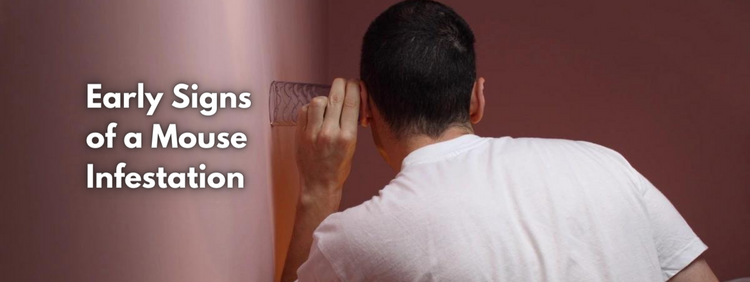 Mice infesting your home can cause extensive damage. The larger the infestation becomes, the worse the problem can get. Therefore, it is important to call professional mice control in Georgetown as soon as possible if you believe that you have an infestation of rodents. To that end, you need to be able to notice the early signs of an infestation, which can be somewhat subtle.
Mice infesting your home can cause extensive damage. The larger the infestation becomes, the worse the problem can get. Therefore, it is important to call professional mice control in Georgetown as soon as possible if you believe that you have an infestation of rodents. To that end, you need to be able to notice the early signs of an infestation, which can be somewhat subtle.
 Mice infesting your home can cause extensive damage. The larger the infestation becomes, the worse the problem can get. Therefore, it is important to call professional mice control in Georgetown as soon as possible if you believe that you have an infestation of rodents. To that end, you need to be able to notice the early signs of an infestation, which can be somewhat subtle.
Mice infesting your home can cause extensive damage. The larger the infestation becomes, the worse the problem can get. Therefore, it is important to call professional mice control in Georgetown as soon as possible if you believe that you have an infestation of rodents. To that end, you need to be able to notice the early signs of an infestation, which can be somewhat subtle.

